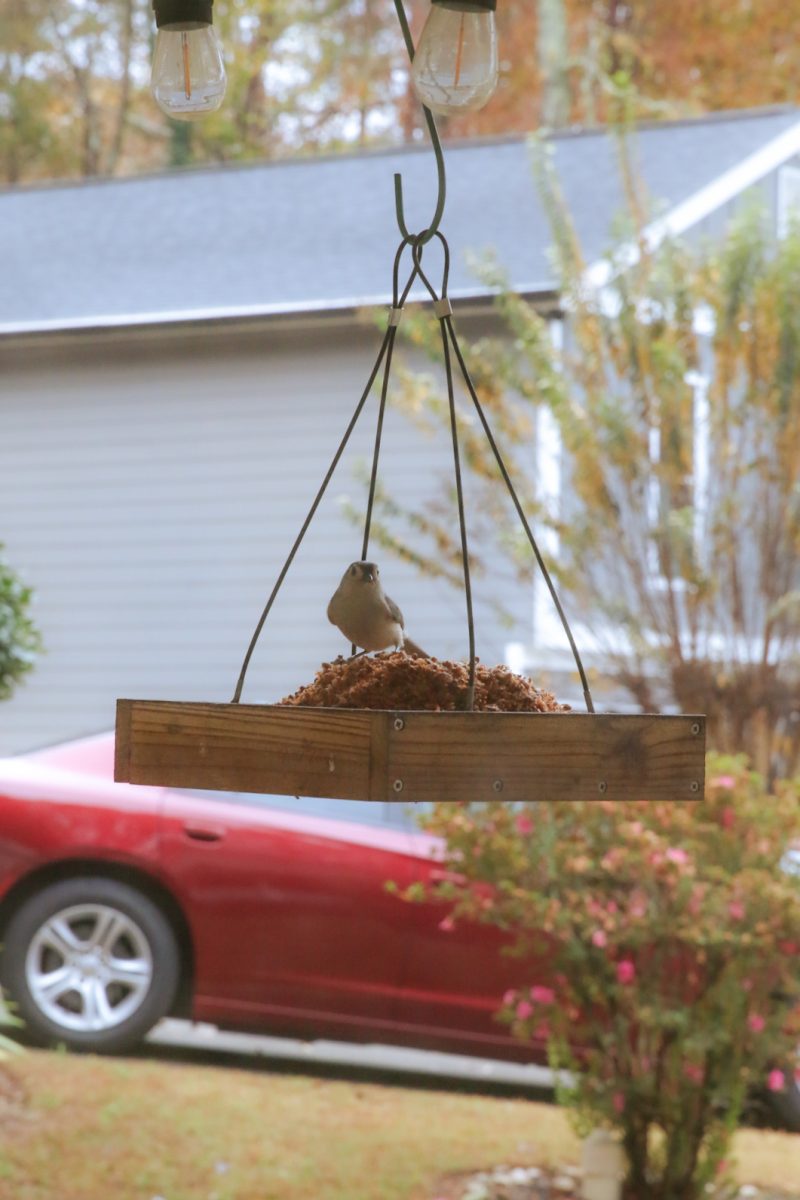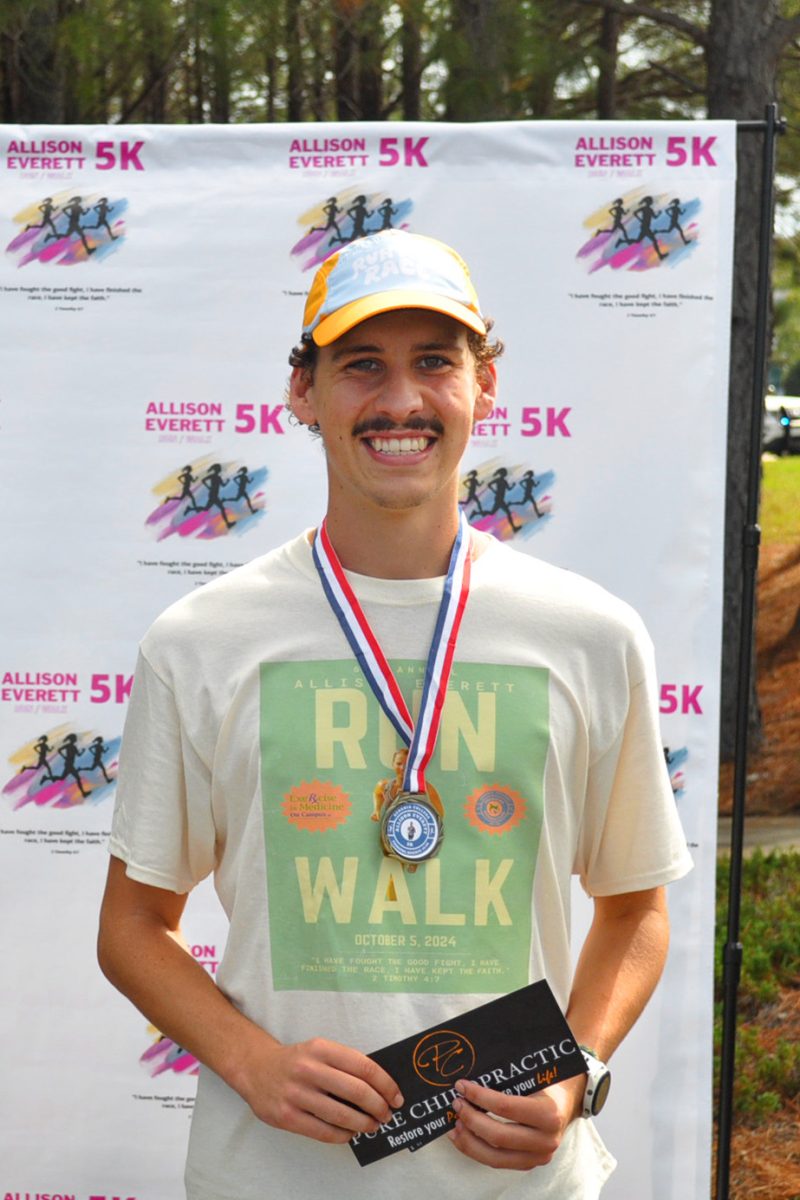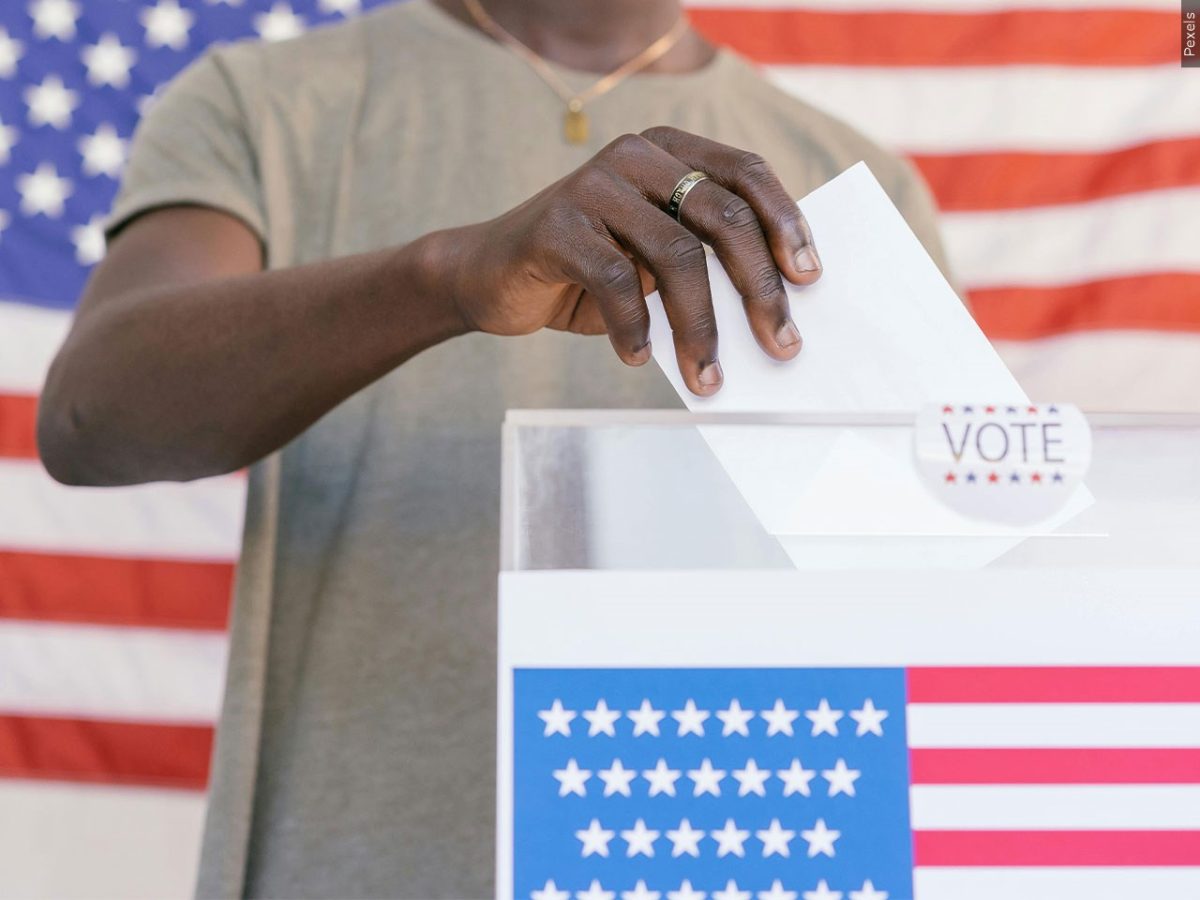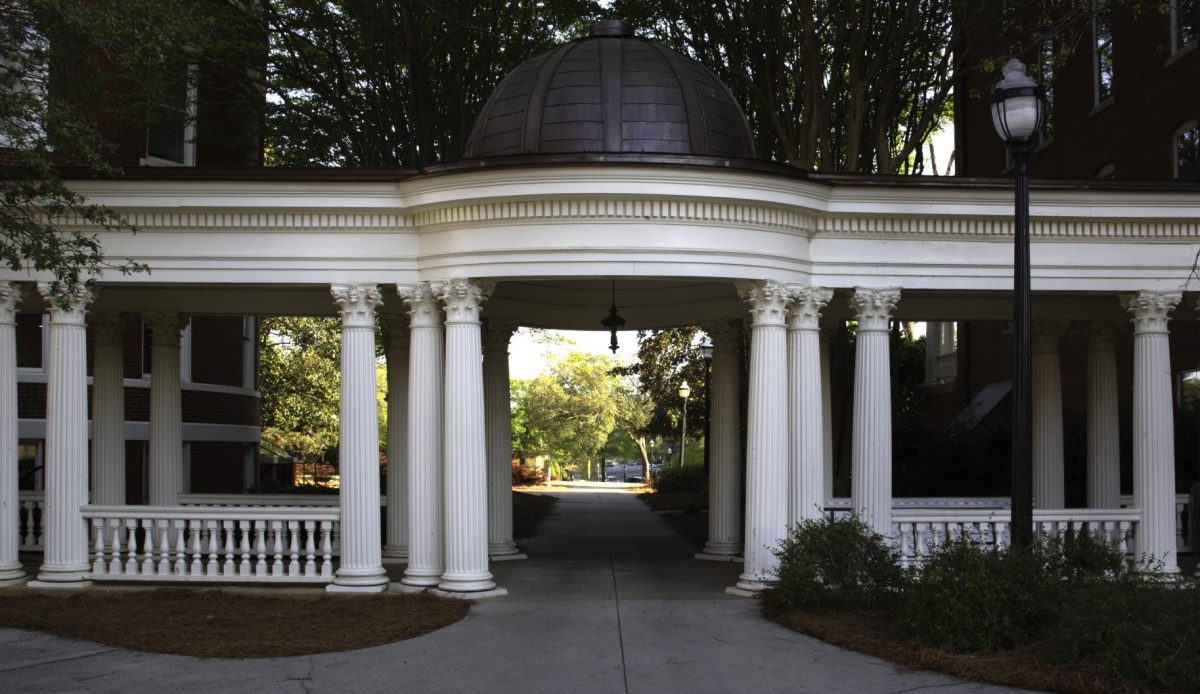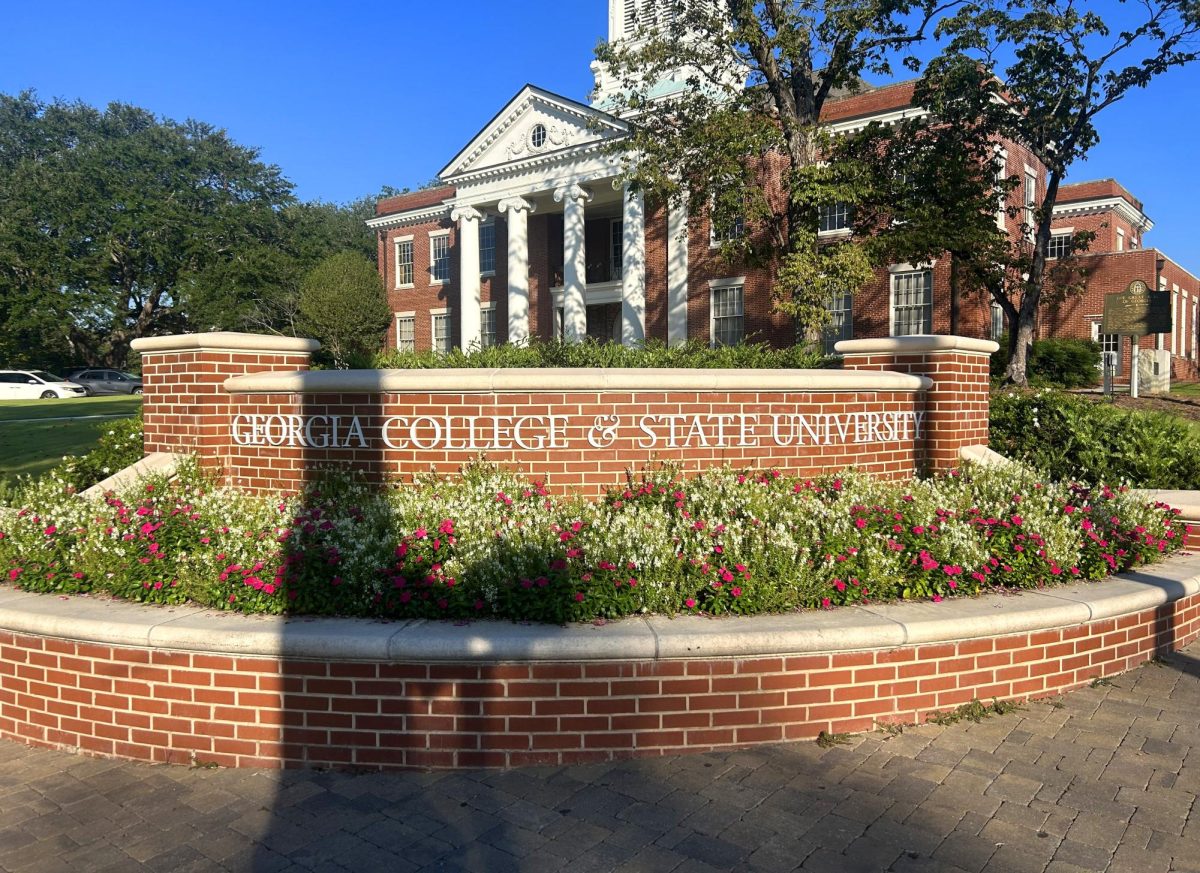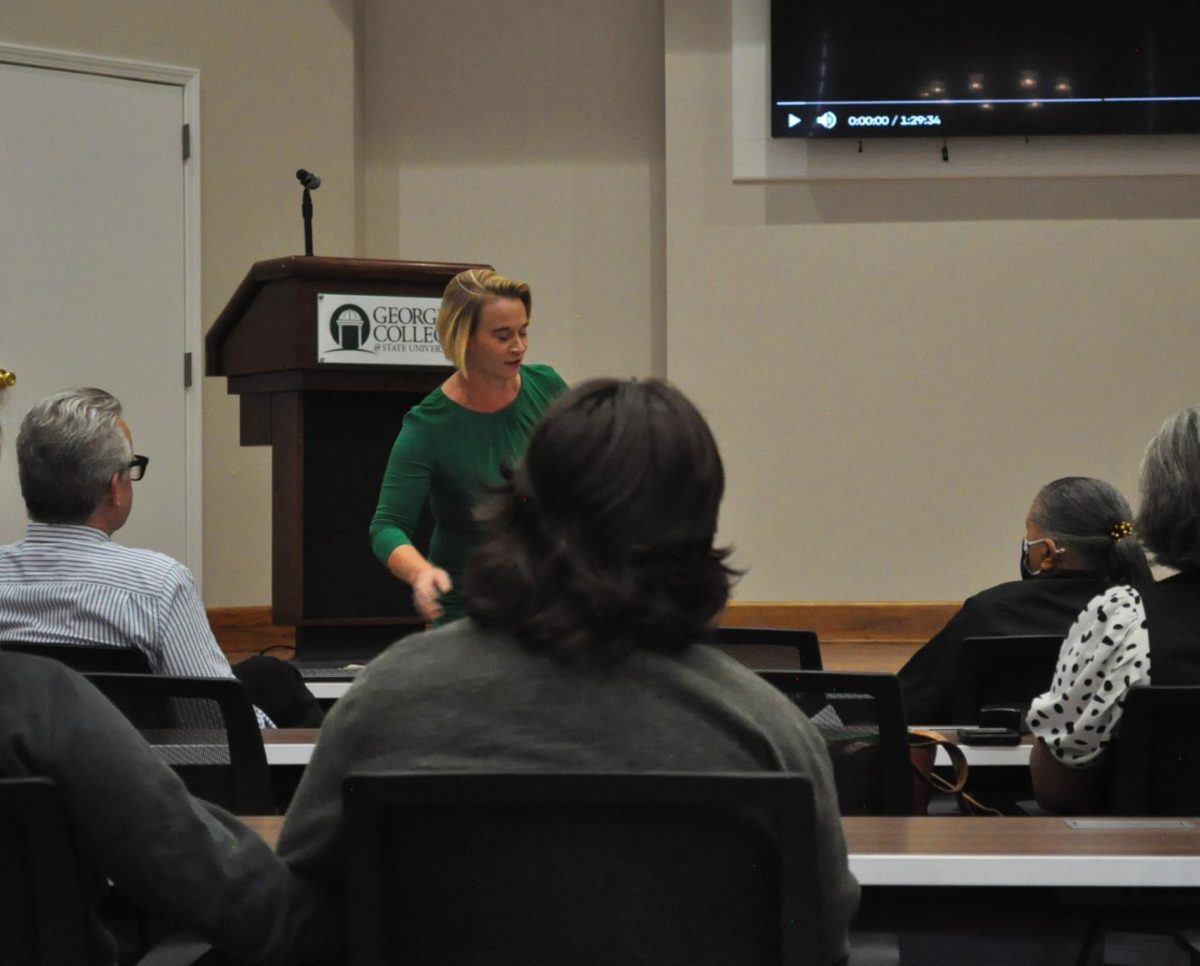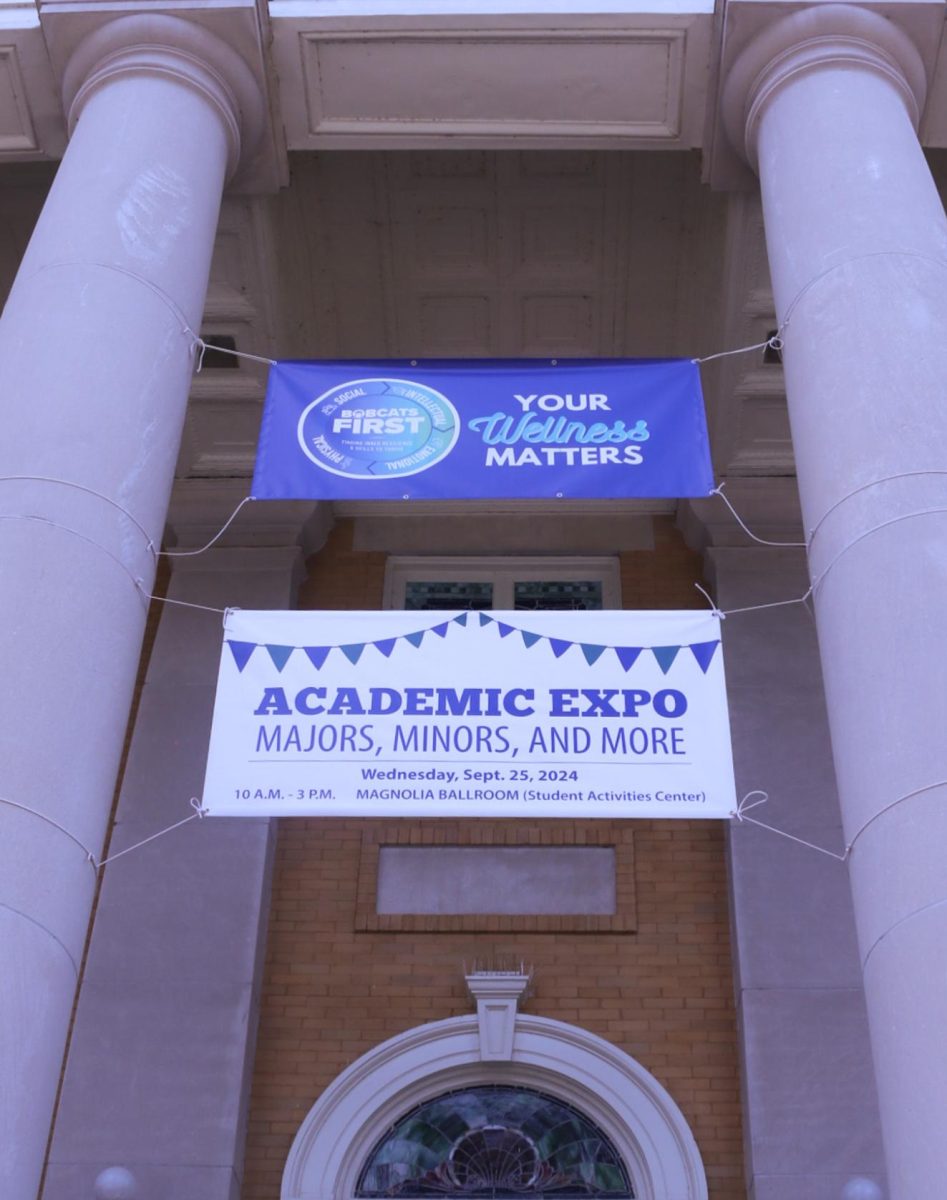The American Ornithological Society, or AOS, will rename all English birds named after those within its specific geographical area starting in 2024. They also plan to reform the process of selecting English names for bird species, with the aim of rectifying historical injustices.
“There is power in a name, and some English bird names have associations with the past that continue to be exclusionary and harmful today,” said Colleen Handle, president of the AOS. “We need a much more inclusive and engaging scientific process that focuses attention on the unique features and beauty of the birds themselves.”
In an example from 2020, the AOS renamed a prairie songbird, a name which honored the Confederate Army General John P. McCown, to a thick-billed longspur. This change aims to remove hurtful links to slavery and racism.
Ornithologists acknowledge historical and contemporary practices that have contributed to the exclusion of Black, Indigenous and other people of color in the bird-naming process.
The AOS is committed to changing all English names of birds named after people and other offensive names, focusing on species in the United States and Canada.
“I think that renaming these birds is a great idea and long overdue,” said Dr. Katie Stumpf, a biology professor at GC. “Often, there is not an obvious reason that the bird was named for that person either, so there’s really no reason to keep the names as they are now. Naming birds with more descriptive words also just makes sense.”
Additionally, a new committee will review English common names, including diverse expertise from the social sciences, communications, ornithology and taxonomy. The AOS plans to actively involve the public in the process of selecting new English bird names to promote inclusivity.
“Exclusionary naming conventions developed in the 1800s, clouded by racism and misogyny, don’t work for us today,” said Judith Scarl, executive director and CEO of the AOS. “The time has come to transform this process and redirect the focus to the birds.”
For example, Anna’s hummingbird, named after Anne d’Essling, wife of Second Duke of Rivoli, and Lewis’s woodpecker, named after Meriwether Lewis, will undergo name changes due to their historical connections to slavery and racism. Townsend’s warbler, once named after Indigenous grave robber John Kirk Townsend, will also receive a new name.
While scientific names remain unchanged due to universal rules based on evolutionary relationships, they are regularly reviewed and updated by the AOS’s classification committees in response to new scientific research.
Names like Audubon’s shearwater and Scott’s oriole will also be altered to remove associations with historical figures who supported slavery and forced Indigenous relocations.
Advocates argue that many bird names are reminders of oppression, slavery and genocide. Bird Names For Birds, a group initiative founded by two ornithologists to confront the controversial bird names, addressed the issue, saying the names reflect their eponyms’ values.
“I think the names of the birds are simply just a name,” said Gia Lasher, a junior biology major. The intentions weren’t meant to be derogatory to a specific group of people. Most species of animals were named after where they were located or after the person who discovered the species, so to rename the birds in hopes of not offending certain people doesn’t seem very beneficial.”
While some ornithologists express sympathy for the cause, they are also unsure if this is the right approach.
“We’ll lose a little bit of knowledge about some key people in the history of ornithology, and that saddens me,” said Jeff Marks, an ornithologist at the Montana Bird Advocacy. “But maybe in the scheme of things, that’s just not that big of a deal.”
By creating a more inclusive ornithological community, the AOS sets the stage for a renewed commitment to protecting birds of all species. The group hopes that renaming these species will help raise awareness and reverse the decline in bird populations that has spanned over half a century.


